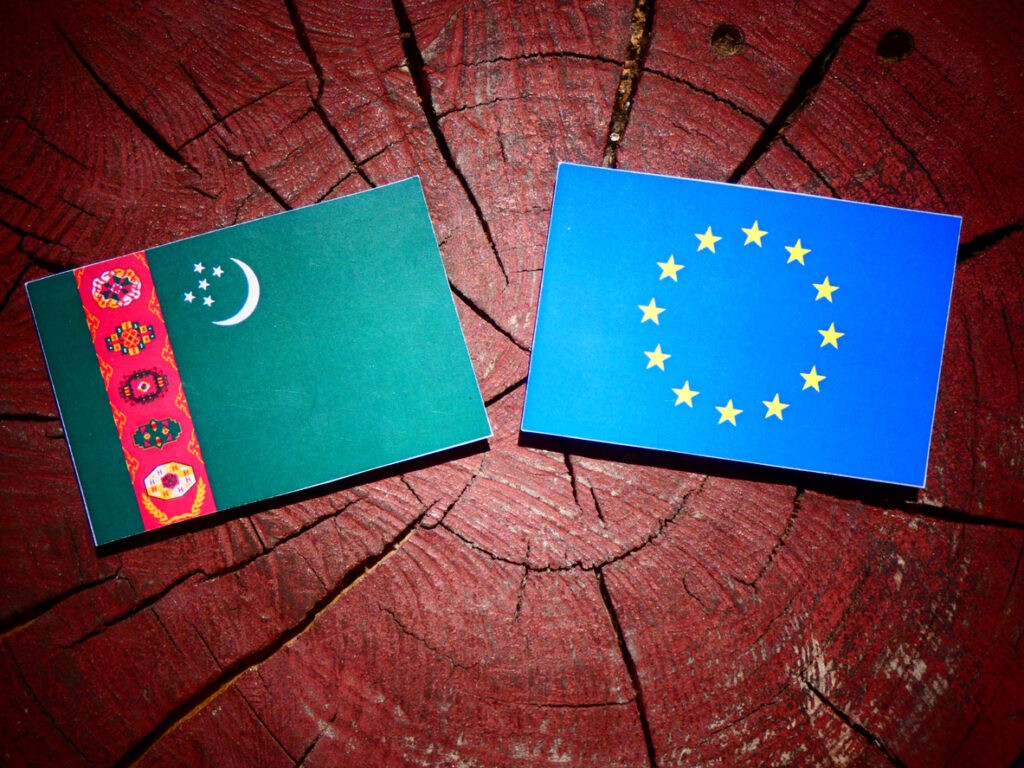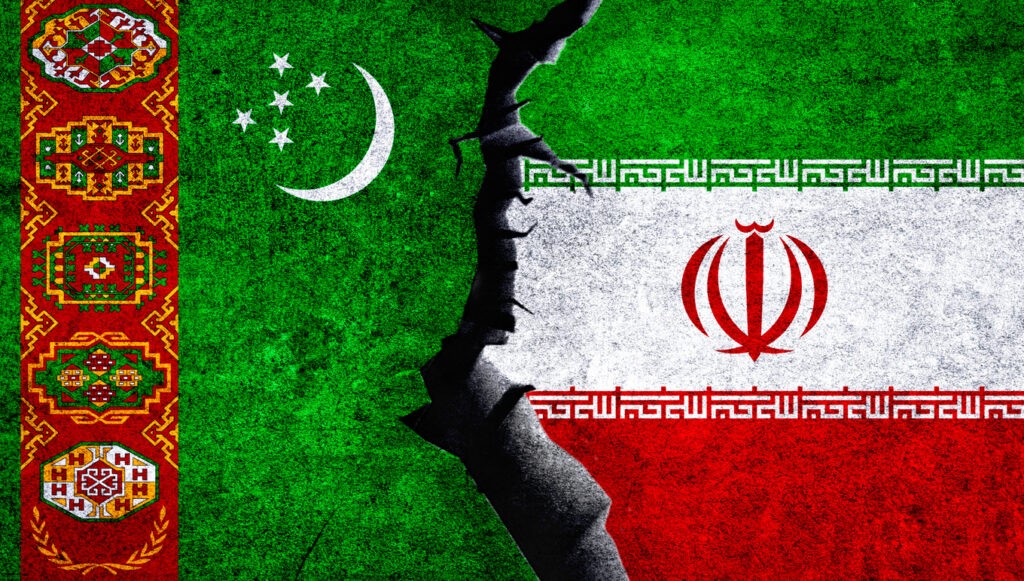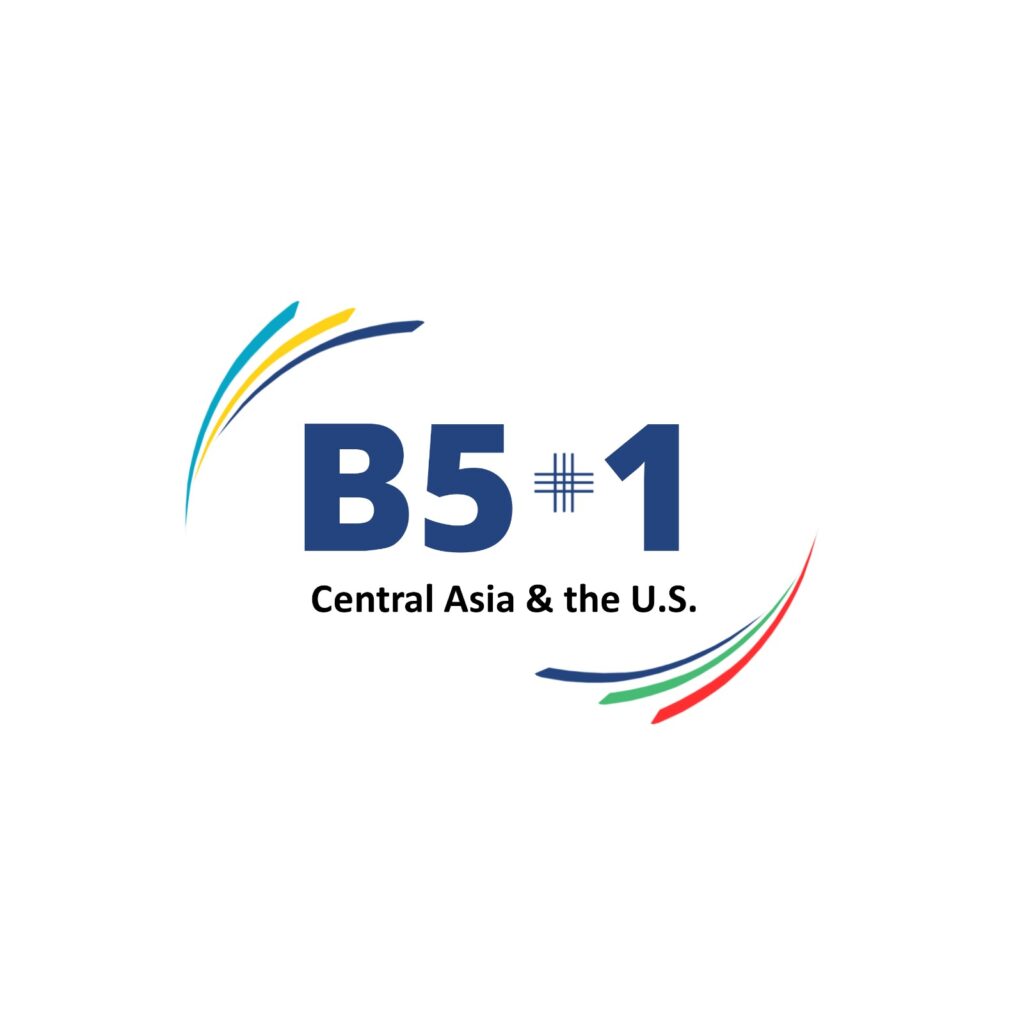Former President of Turkmenistan, Gurbanguly Berdimuhamedov said in his speech at the 15th meeting of the Council of Elders of the Organization of Turkic States (OTS) in Ashgabat that the country may start exporting gas to Kazakhstan, further stating that Turkmenistan has all the necessary resources to also supply Turkmen natural gas and electricity to Azerbaijan and Turkey. "We are ready to continue to assist the brotherly countries in ensuring energy security. Turkmenistan, which is one of the largest producers of energy resources, is ready to supply them to brotherly countries and increase the volume of such supplies," Berdimuhamedov said. Turkmenistan currently exports electricity to Uzbekistan and Kyrgyzstan, and has ambitious plans to send natural gas to the east with the cooperation of these two countries. Berdimuhamedov said that Turkmenistan considers it necessary to create an effective, reliable and self-sufficient model of partnership in the unstable world energy markets in order to meet the growing demand for electricity in neighboring countries. Currently, Turkmen gas is exported through three branches of the Turkmenistan-China gas pipeline, via Uzbekistan and Kazakhstan. The Republic sends 40 billion cubic meters of the fuel annually, and the capacity of the gas pipeline is 55 billion cubic meters. The spare capacity could be used to send Turkmen gas to China, Uzbekistan and Kazakhstan. In order to provide southern Kazakhstan with gas, the national company QazaqGaz, which is owned by the national welfare fund Samruk-Kazyna, has signed an agreement with Uzbekistan. Under the terms of the deal, Uzbek gas from western fields crosses Karakalpakstan to the southern region of Kazakhstan. Also, Kazakhstan pumps Uzbek gas to supply Tashkent with fuel. This agreement was extended until the end of 2025, following President Tokayev's recent visit to Uzbekistan. However, over this time period, Kazakhstan must find time to build the second branch of the Beineu-Bozoi-Shymkent gas pipeline, the capacity of which will be 15 billion cubic meters per year. QazaqGaz is the largest supplier of natural gas in Kazakhstan. The national company often notes an increase in domestic consumption of natural gas and a decrease in exports. By supplying gas at higher export prices to China, QazaqGaz subsidizes cheap fuel for the domestic market. Last year, the company's losses amounted to $391 million.




